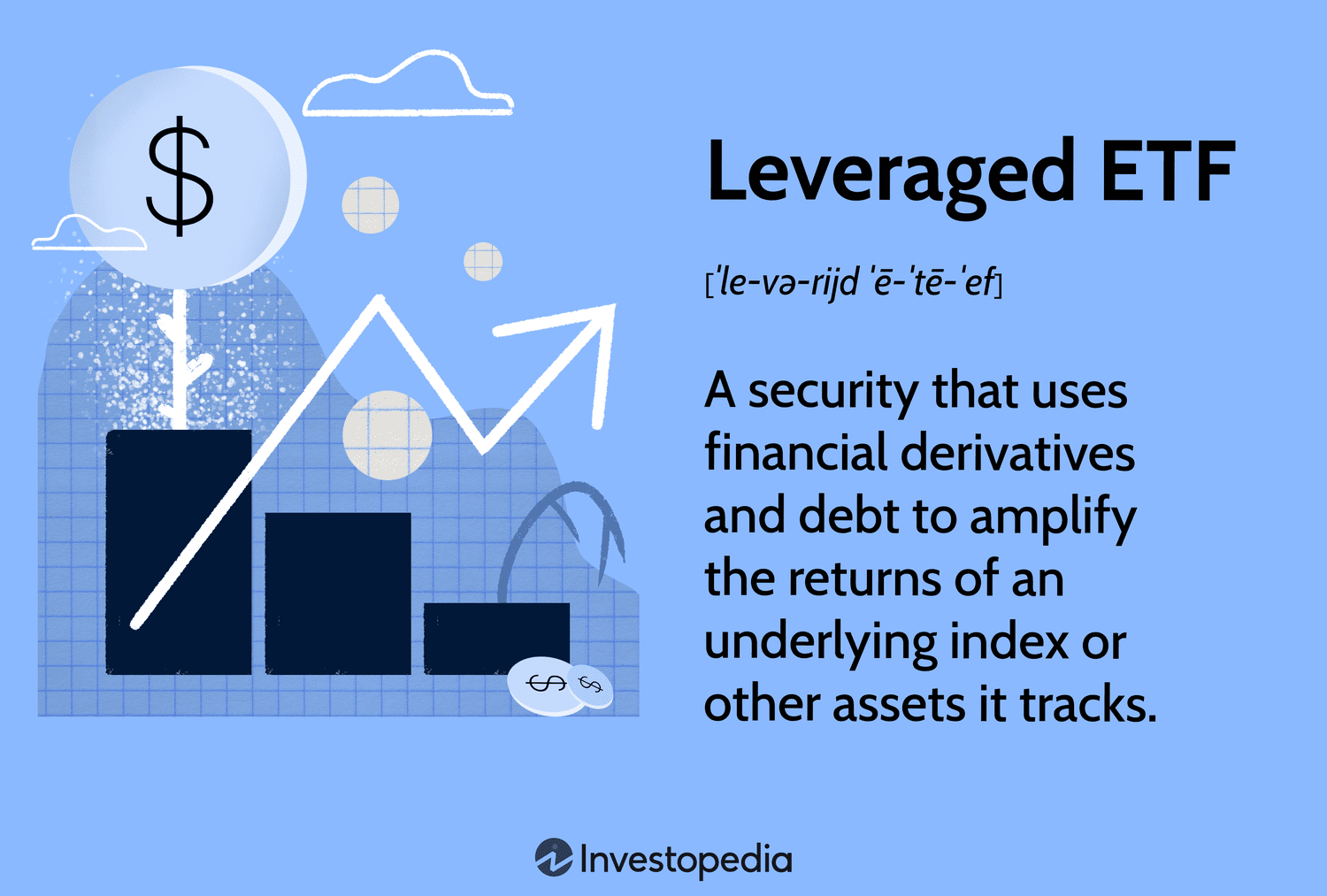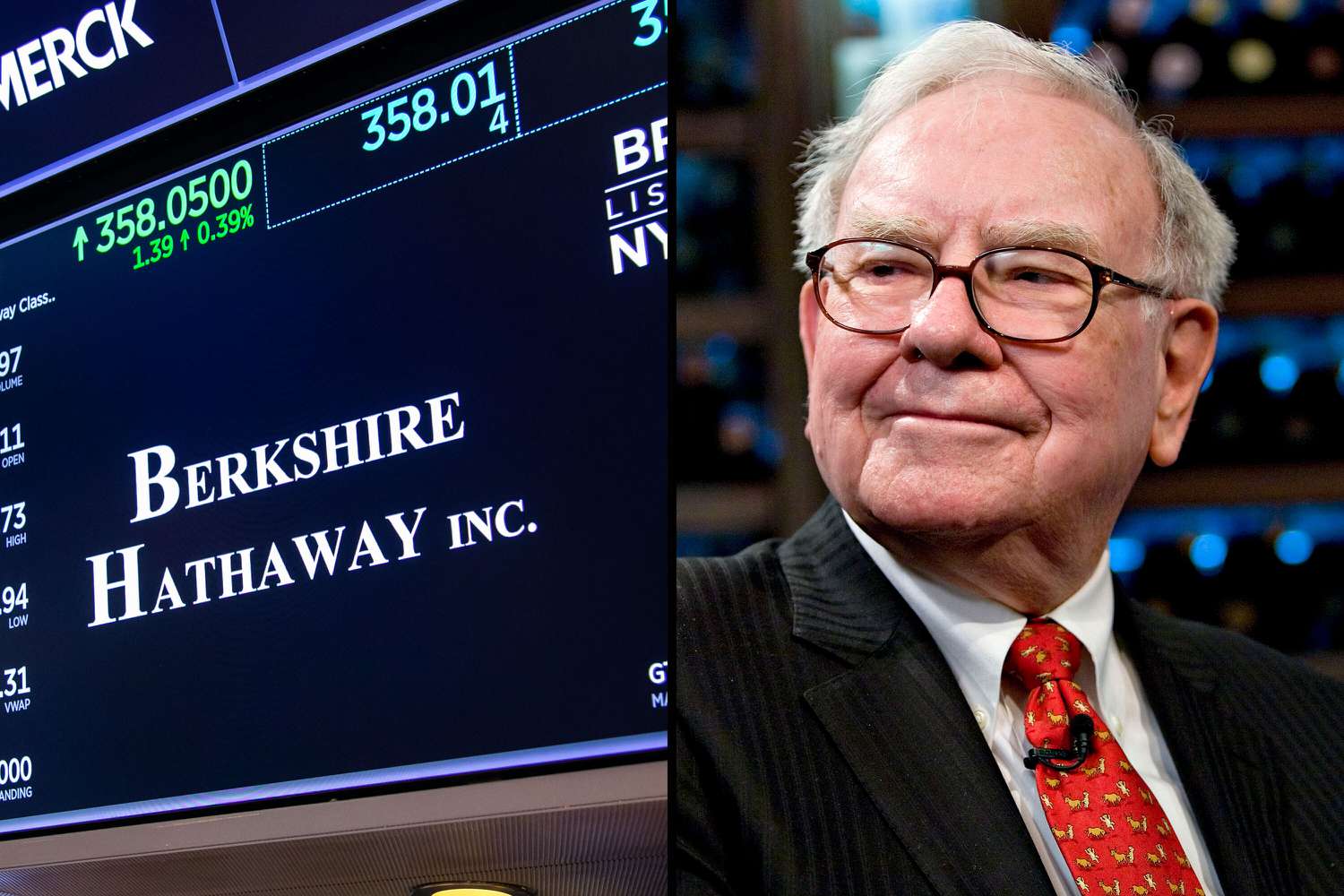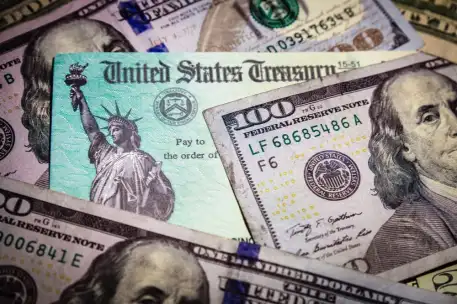

Cutting emissions from aircraft is one of the toughest challenges in the energy transition. A small group of startups say they have an answer, and investors are racing to give them cash.
It is one of several startups using a chemical process that mimics photosynthesis to produce jet fuel with far lower emissions than fossil fuels. They are raising significant amounts of cash in the midst of a rush of funding deals.

Investors are shifting their bets in clean fuels to companies that use chemistry to turn carbon dioxide, water and renewable electricity into energy. Known as eFuels, synthetic fuels or power to liquids technologies, they offer the tantalizing possibility of producing limitless amounts if given enough cheap renewable power.
Such approaches are seen as the most practical long-term fuel source. Airlines are currently using some biofuels, which are made from fats, oils and greases; trash; or plants. The supply of these will likely be constrained eventually by the availability of feedstock material and land.

The wave of investment into eFuels backs a trend in the energy transition under which companies with cash and the backing of big companies emerge as potential winners.
Its technology also makes a hydrocarbon product that can be used to make everything from plastics to laundry detergents. Procter & Gamble and Mercedes-Benz are among the companies talking to it about its applications.
Subsidies from the 2022 climate law and state incentives help producers close the cost gap with conventional jet fuel, as can government grants and loans.


















